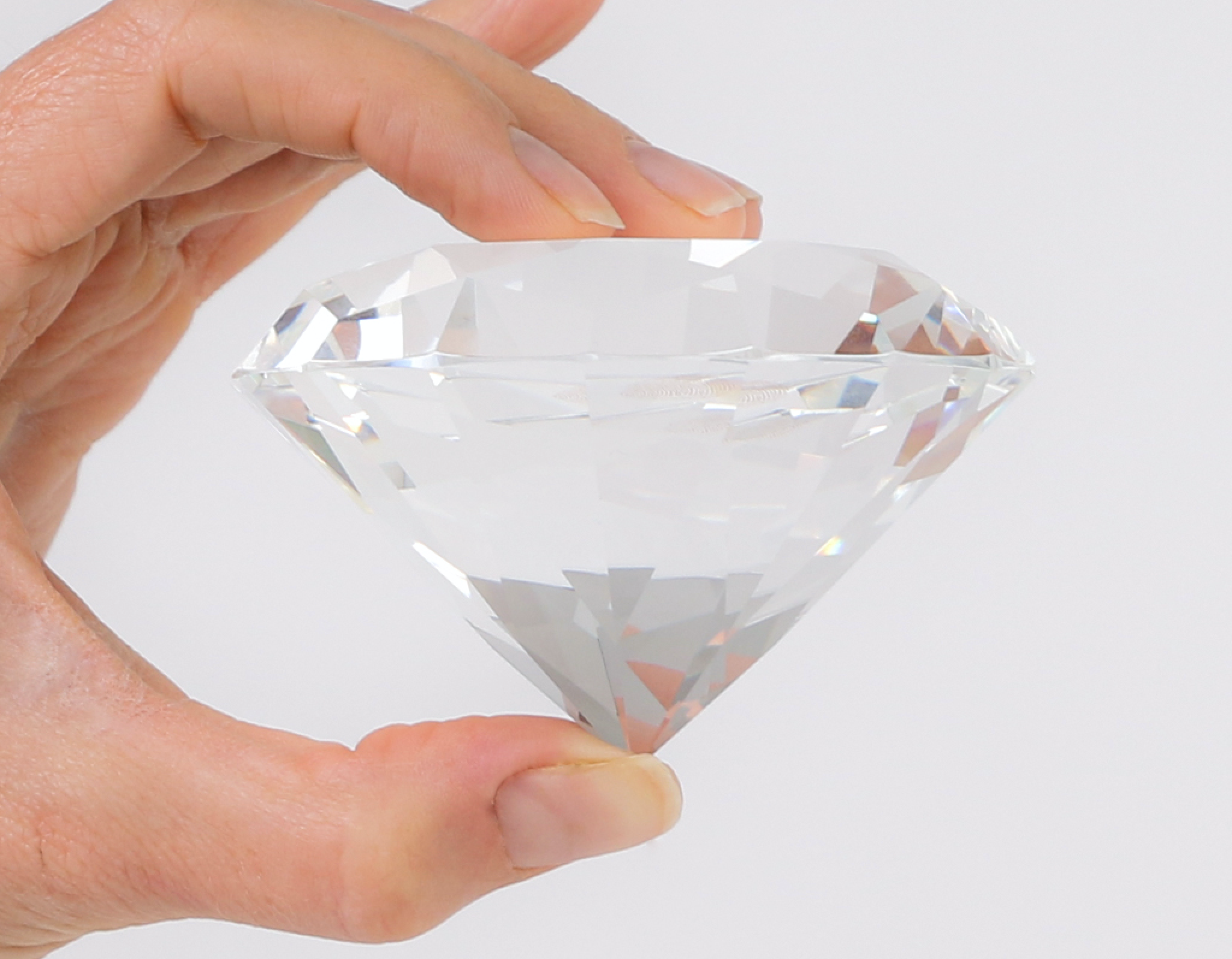If you’ve made epoxy resin art, you may know there are several different types of resin on the market: resin is a versatile material with differing properties, formulas, and applications. For example, some types of resin are best suited to creating art, some are better for coating surfaces, while others are formulated for thick pours or industrial manufacturing. Regardless of the application, the qualities common to most resins are strength, durability, excellent adhesion, and moisture & chemical resistance.
This guide will take a closer look at the properties and ideal applications for each resin type, and how to determine which resin is best for your project.

What Are The Different Types Of Resin?
Let’s go through the most widely-used and popular resins available:
- Epoxy Resin (which includes Casting, Art, and Coating Resin)
- Polyurethane Resin
- UV Resin
- Polyester Resin.
Epoxy Resin
Epoxy resin is a clear liquid plastic made of two parts: the resin and hardener, sometimes referred to as Part A and B, or the base and catalyst. Mixing the two prompts a chemical reaction that causes the mixture to cure from a liquid into a solid material. This process typically takes 24-72 hours and once cured, epoxy resin is rock hard, durable, and resistant to chemicals and moisture.
💡TIP: There are many different types of epoxy resin and different brands available on the market. When choosing a resin for your project, keep in mind that there are epoxy resin formulations tailored for specific applications, including art, coating, and casting, each with varying degrees of quality and non-toxicity.

Epoxy Resin for Arts & Crafts
When it comes to creative projects, it’s important to use an epoxy resin formulated specifically for resin art. Prized for its clarity and ease of use, a good quality art and craft resin has added light stabilizers to protect against yellowing.
Art resin has a medium thick viscosity, making it easy to control when for coating artwork, flow art, pouring into shallow molds and other thin applications. If a thicker coat is desired, it can be built up by applying the resin layer by layer.
Resin formulated for art can be used clear or tinted with pigment, making it ideal for a variety of art and craft applications.
It’s important to note that not all art resins are created equally: the best quality resins have been third party tested to show they are non-toxic, contain no solvents or fillers, release no fumes or VOCs and are food safe once cured. When shopping for art and craft epoxy, be sure to purchase the best quality resin you can and follow the instructions accurately.
💡TIP: For more information on how to determine which resins are safer than others, please see our blog How Dangerous Is Your Epoxy Resin?
Art and craft resin is ideal for the following projects:
- Coasters & Trays
- Jewelry
- Flow Art Projects
- Abstract Art
- Resin Geode Art
- Ocean Art
- Resin Tumblers
- Pen Blanks
- Mosaics
- Epoxy Art Painting
Laminating or Coating Resin
As the name suggests, coating resin provides a protective layer, typically applied over wood, metal, concrete, and fiberglass. Once cured, it provides a strong barrier resistant to chemicals, high temperatures, moisture, and abrasion. Industrial coating resin seals and protects a surface or improves its appearance.
Depending on the brand, a coating resin may have a 1:1 mixing ratio (one part of resin to one part of hardener) or it may have a 2:1 mixing ratio (2 parts resin to 1 part hardener).
Whereas art resins are designed for pieces mainly on display, industrial coating resins protect surfaces exposed to the elements or for high-traffic areas such as floors, bar-, counter-, and table-tops. Industrial resin has more strength, hardness, and durability than resins designed for art and is made to withstand years of wear and tear without bending or cracking.
Just like art resin, the quality of industrial coating resin widely varies. Many resins designed for industrial use contain cheap, solvent fillers to drive the cost down, and working with them can have serious, adverse effects on your health.
Choose an industrial epoxy resin that provides the strength and durability you need without exposing you to fumes, solvents, VOCs, and other health hazards.
💡TIP: If you use an industrial coating resin for food contact surfaces, always choose a resin that has been third party tested for food safety. Here's our favorite, non-toxic, food-safe industrial clear coat.
An industrial grade coating resin is ideal for the following applications:
- Wood River Tables
- Epoxy Countertops
- Resin Bar Tops
- Charcuterie Platters/Serving Trays
- Resin & Wood Lamps
-
Floors
Casting Resin
Casting resin is ideal for projects that require a thick, transparent layer of resin. It is a low viscosity resin, meaning it has a water thin consistency. This makes it easy to pour into small spaces or molds and allows bubbles to rise to the surface for a crystal clear cure. Its thin consistency means that the resin has a longer cure time: it can take up to a week to fully cure, depending on the thickness and temperature. Casting resin is prized for its clarity but can be tinted with liquid or powdered pigment for a colorful effect.
The mixing ratios for casting resins vary from brand to brand: you can find casting resins with a 2:1 and even a 3:1 mixing ratio.
When choosing a good quality casting resin, look for a water-clear formula that can be poured several inches deep and cures without bubbles. Best-quality casting resins are non-toxic, contain no solvents, release no fumes or VOCs, and have added light stabilizers to maintain long-term clarity.
Read the differences between epoxy resin and casting resin.
Casting resin is ideal for the following applications:
- Pouring into deep molds
- Encapsulating or suspending objects in resin, such as flowers, coins, insects etc.
- River tables
- Casting figurines and sculptures
- Manufacturing prototypes and models
- Resin jewelry

Polyurethane Resin
Polyurethane resin is a two-component system that cures to a solid, rubber-like plastic. It is a very durable product used in industrial applications such as the manufacture of adhesives, coatings, insulation, elastomers, sealants, casting molds, and urethane foam. Polyurethane resin is a versatile material formulated to meet specific physical and chemical requirements. As a result, different types of polyurethane resin are used across many industries, including the appliance, automotive, apparel, packaging, and construction industries.
Polyurethane resin’s properties include excellent weather resistance, adhesion to substrates, impact strength, and abrasion resistance. It becomes very hard when set with heat and can resist a wide range of chemicals and solvents. For example, you can use it as an adhesive in applications where exposure to gasoline or other fuels is likely.
Since working with polyurethane can expose you to noxious fumes, VOCs and a respiratory toxin called isocyanate, use the correct personal protective equipment (including a respirator) and work in a ventilated area.

UV Resin
If you have ever worked with jewelry, you may be familiar with UV resin, a synthetic resin that cures quickly when exposed to ultraviolet light. UV Resin can be tinted but is most often used as a clear topcoat on a wide variety of surfaces, including wood, metal, plastic, and fiberglass.
Unlike epoxy resin, which requires two parts that must be combined, UV resin is made up of only one component and requires no mixing. It sets very quickly using ultraviolet light, making it ideal for applications that require a quick turnaround time.
The most notable benefit of UV Resin is its long working time since it remains wet until exposed to UV light. It’s also the fastest-drying resin available. On the other hand, it is one of the most expensive resins, can have an unpleasant smell, requires the purchase of a UV lamp and can only be applied in thin layers over small areas, making it unsuitable for many applications.

Polyester Resin
Have you ever wondered what the sleek, glossy finish is on boats and cars? The answer is polyester resin.
Polyester resin is a type of plastic known for its high strength, rigidity, and water resistance. The resin can be used for several purposes, including laminating objects and manufacturing automobile parts, boat hulls, swimming pools, ponds, molds, models, and certain medical devices.
Like epoxy resin, polyester resin requires adding hardener to resin to initiate the curing process. However, as the amount of hardener added determines the curing time, calculating the mixing ratios can be challenging.
Polyester resin is known for its noxious odor, toxic fumes, and corrosive ingredients; wear the appropriate personal protective equipment, including chemical-resistant gloves and respiratory protection.
Choosing The Right Resin For Your Project
Ultimately, the type of resin you choose depends on the specific requirements of your project. For example, if you want to embed objects in a clear, resin sphere, you’ll need a casting resin. If you’re a DIYer who needs a food-safe resin with superior strength and durability to coat a countertop, Industrial Clear is for you. And, if you’re an artist looking to add a glossy finish to a painting, or a crafter who wants to create a piece of flow art, ArtResin epoxy resin is the perfect, high-quality choice.
No matter what type of resin you choose, follow the label instructions carefully for optimal results. The project will determine which resin you choose, but one thing you can be sure of is that the perfect option is out there for you.
Do you want to know more about epoxy resin? Read our guides below:
- Does epoxy resin expire?
- What's the cure time of epoxy resin?
- Does epoxy resin shrink?
- What happens if epoxy resin freezes?
- How long does epoxy resin last?
- Does epoxy resin crack?
- Is epoxy resin self-leveling?
- What's the working time of artresin?
- What's the smell of epoxy resin?
- Is epoxy resin waterproof?
- How does moisture affect epoxy resin
- How does hot weather affect epoxy resin
- How does cold weather affects epoxy resin
ArtResin: Made For Artists, By Artists.



